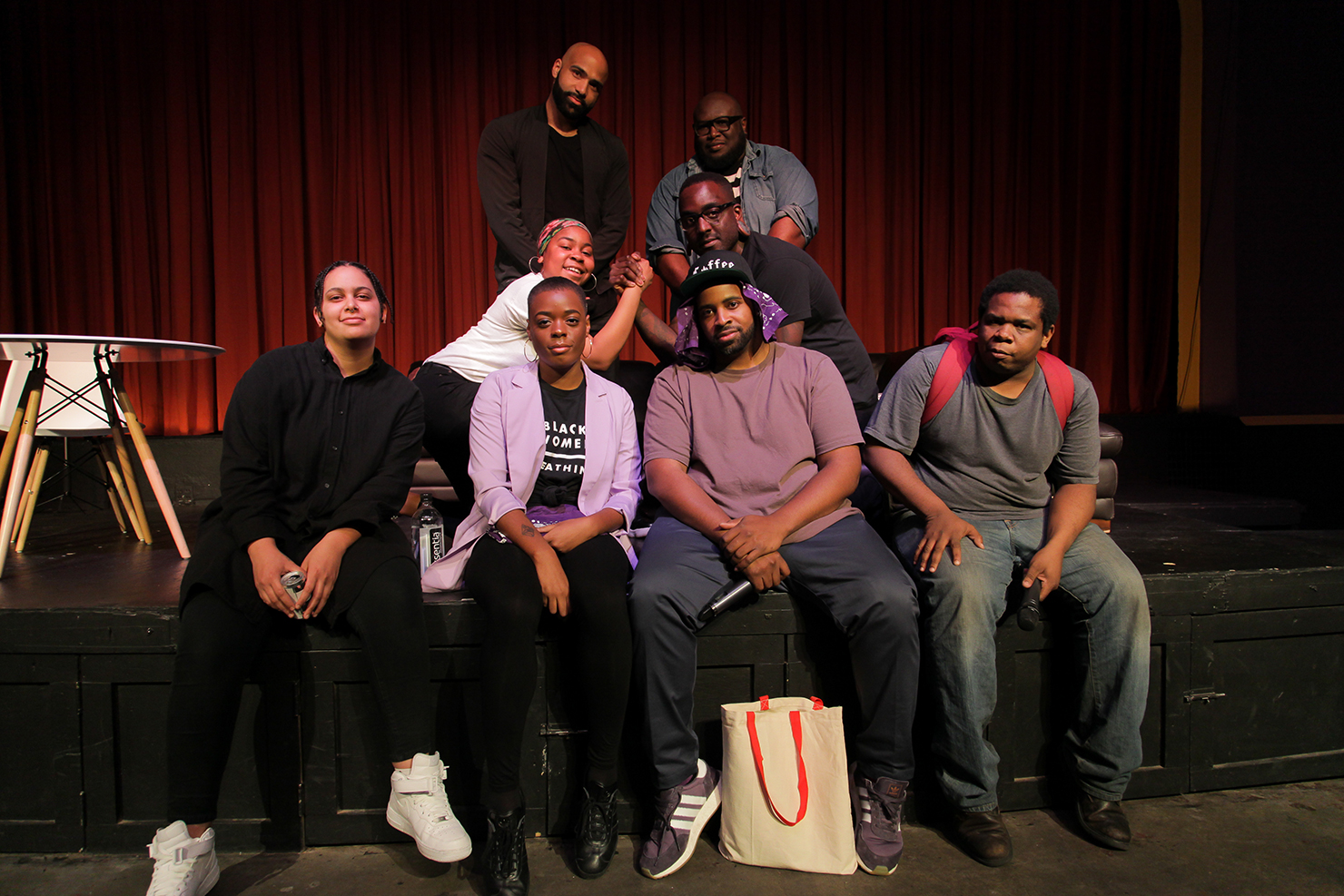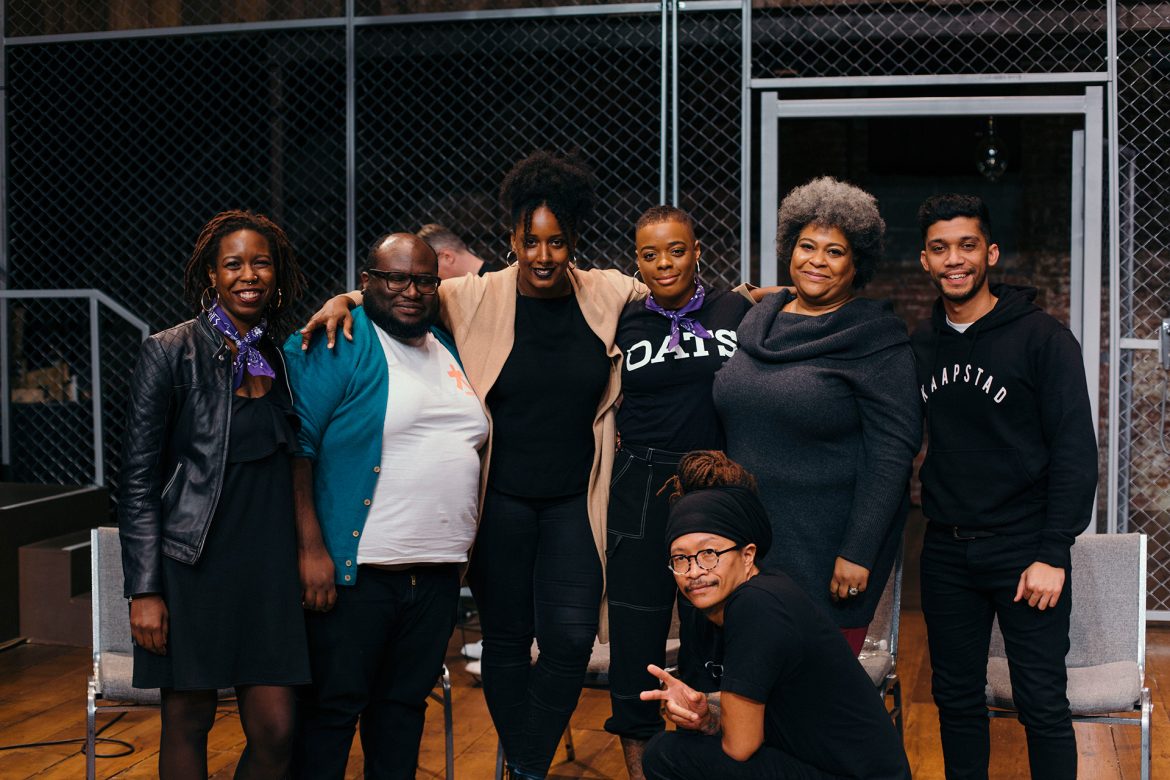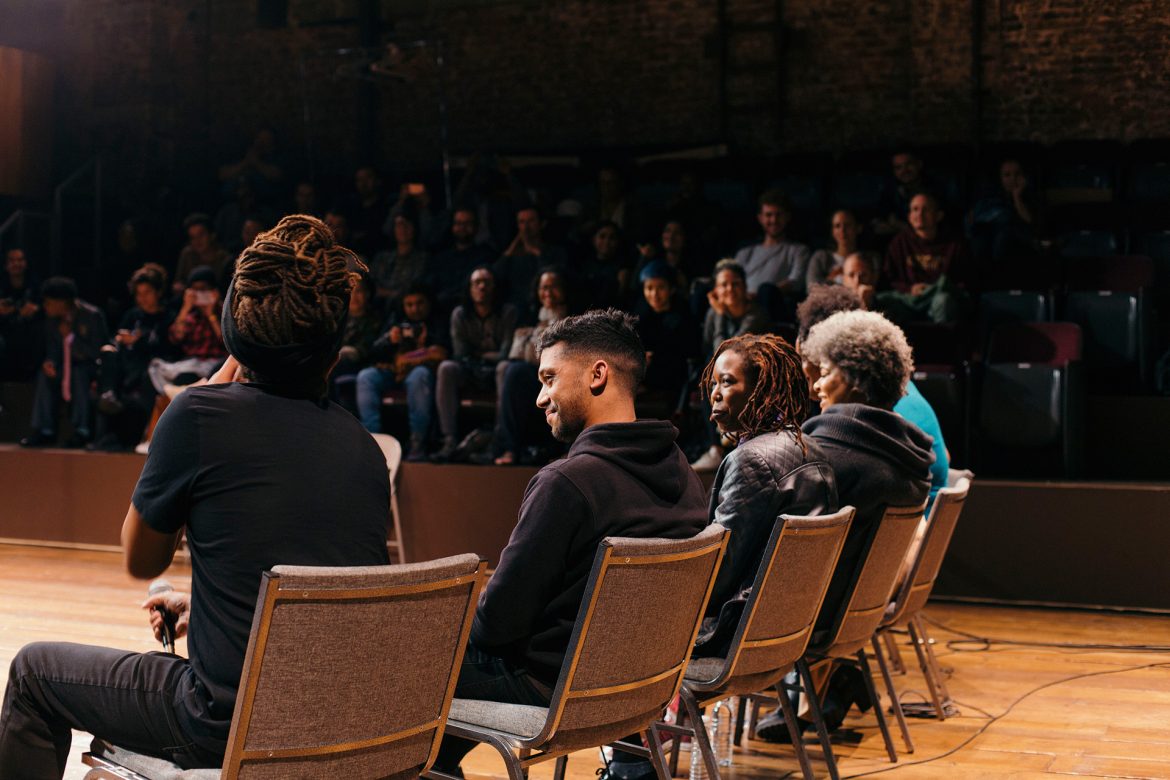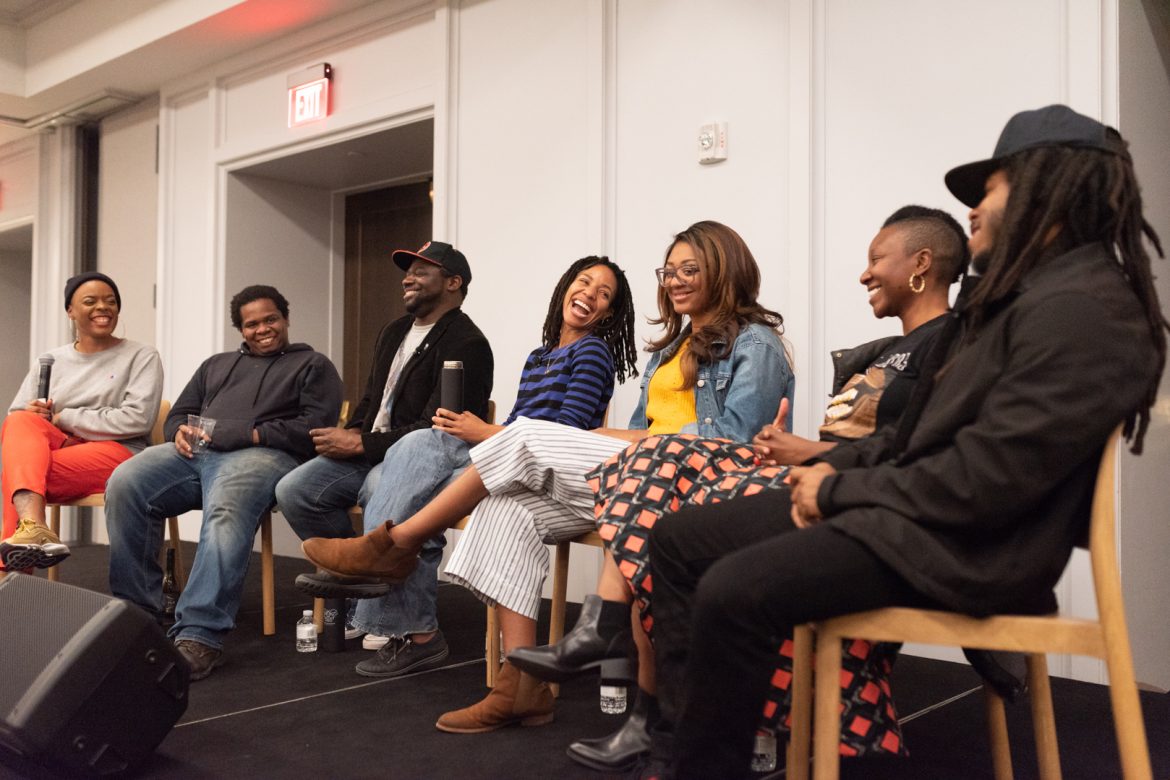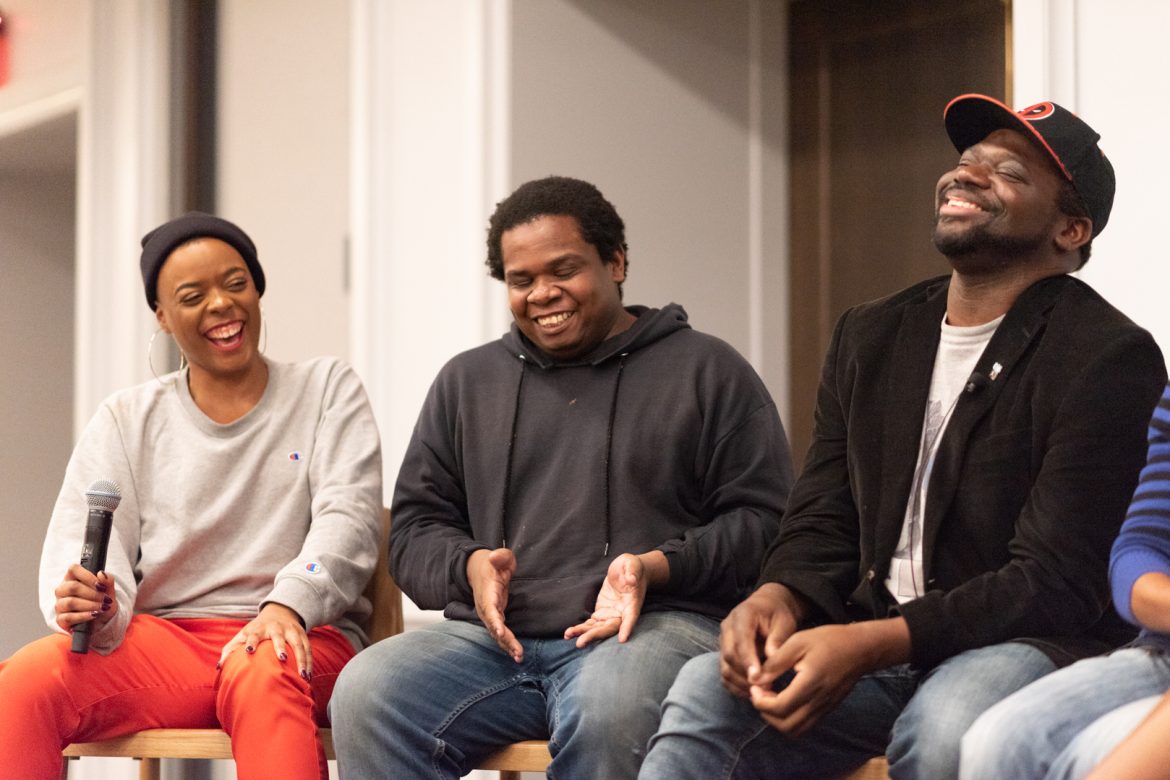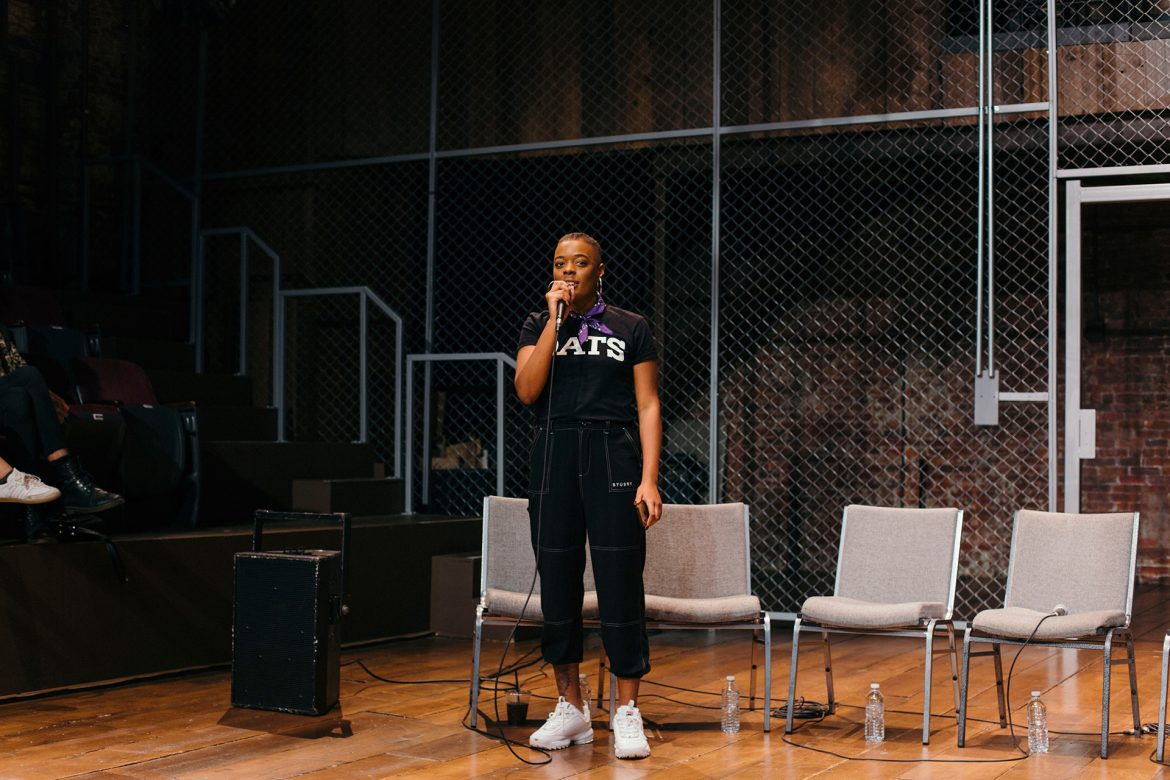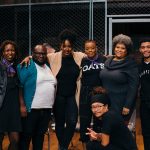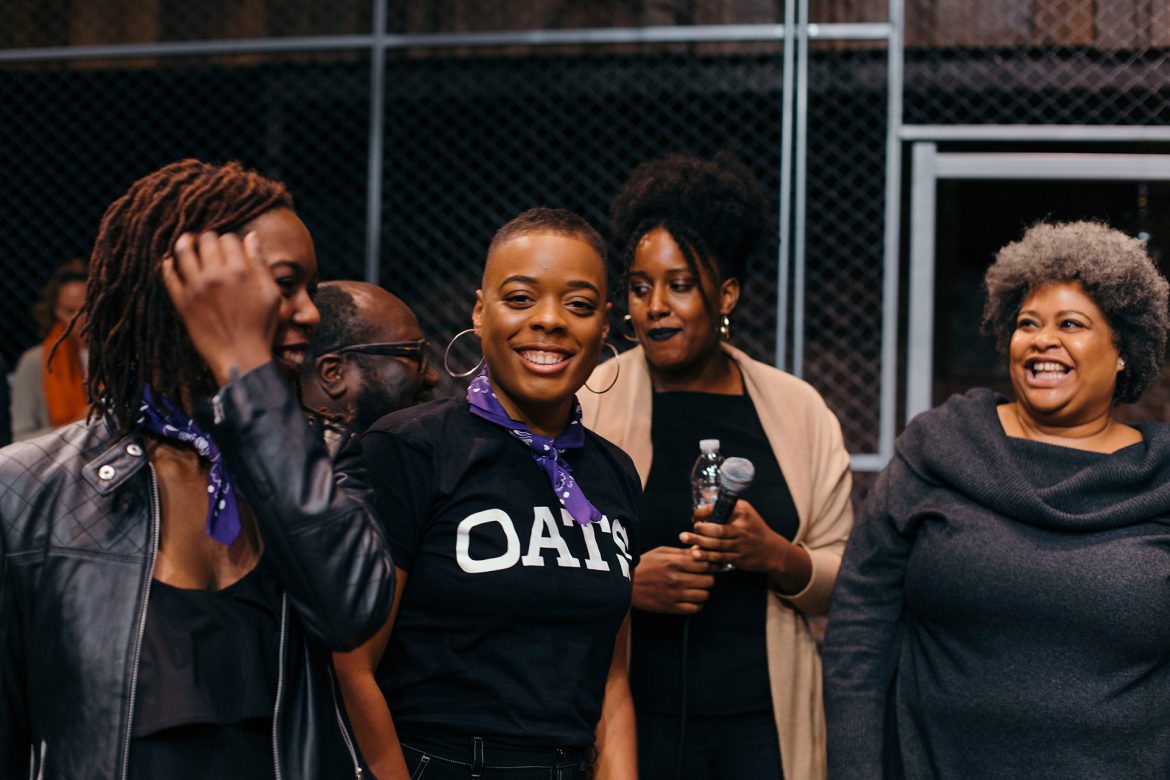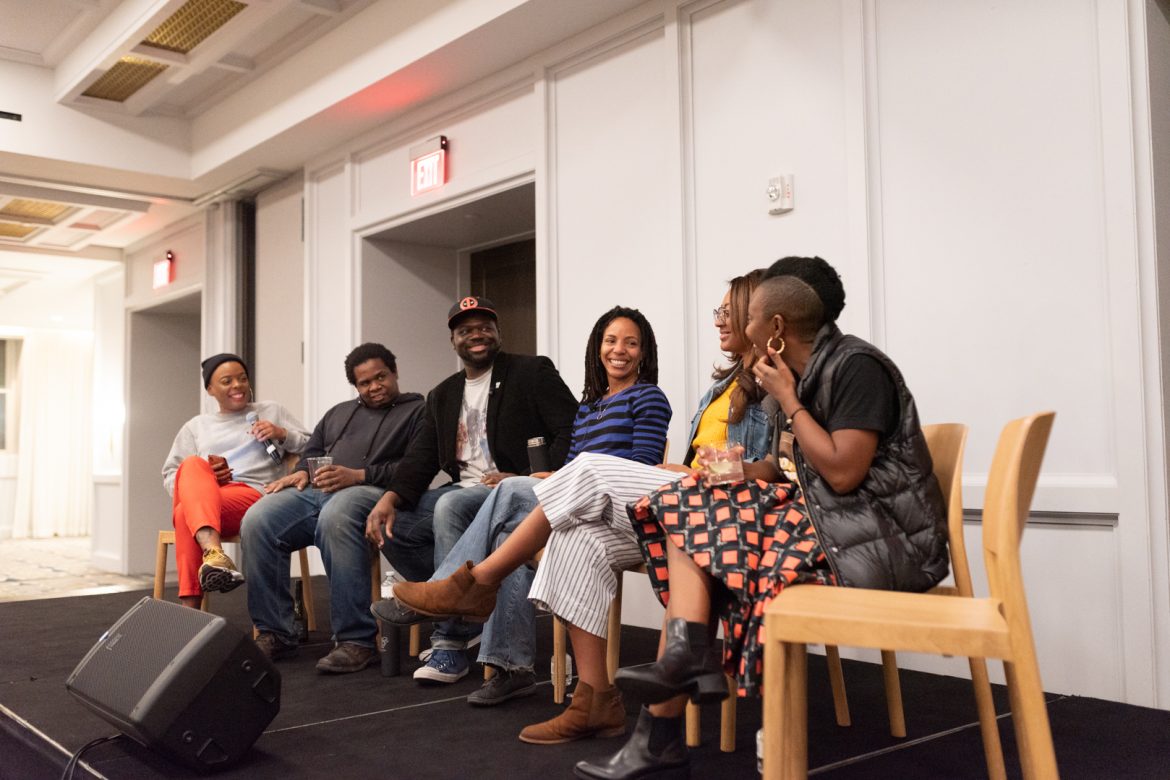![]()
![]()
After a two-month wait, just as World Barista Championships got underway, the Specialty Coffee Association rocked the coffee world with the announcement that three major world coffee competitions will remain in Dubai this year, despite the numerous protests of the US coffee community—especially those who are LGBTQIA+ or allies. As an amendment to their initial rollout, SCA officials added the new Deferred Candidacy Policy, which allows candidates to defer to another year if they cannot attend world competitions for reasons of safety, health, or unforeseeable circumstances, pending approval from WCE’s World Championships Committee.
Widely criticized in the queer coffee community, this decision and added policy have led many to reconsider their involvement with SCA. I talked with some of those who felt the deepest impact from this decision: queer coffee professionals who have invested their time, money, and energy in the SCA, its guilds, and its competitions. These are their voices.
James McCarthy, Espresso Technician, Counter Culture Coffee
World Brewer’s Cup Champion, 4 years competing, 2 years organizing, 1 year volunteering, several years SCA member
The SCA’s deferred candidacy policy is shameful. First, they decided not to move next year’s event to a place where queer/trans people feel safer—a place where anti-queer/trans laws aren’t on the books. This policy doesn’t just put the onus on the competitor to out themselves, it effectively punishes them by making them wait until the championship is not held in a place that is dangerous to them. It equates being LGBTQI with having a death in the family—can we pause on that one? To this board—or, to the majority of this board, because this was voted as a majority vote—being queer/trans is equal to dealing with the tragedy of familial death?
If the year I won the US Brewer’s Cup, the competition was being held in a country that had anti-queer/trans laws on the books, I would have been very nervous to travel there, and I know that I would not have gone. I have an F on my driver’s license and my passport; both still have my old name on them. Travelling is always nerve-wracking for me, even within the US. I would not have travelled to a country where it was very likely that the fact that my gender presentation doesn’t match what it says on my ID could land me in jail. I also need to acknowledge that these laws, in practice, end up being used on trans women, GNC, and those queer folks on the feminine spectrum overwhelmingly more often than on masculine of center folks, and on people of color way more often than white people.
With this new policy, I would have to prove possible discrimination to a committee before getting my deferment approved. They get to pick the host city, and then it falls on the competitor to work around the limitations caused by mostly white, cisgender, straight, male board.
This isn’t just international: I know that there are places in the US where queer, trans, and people of color do not feel safe traveling for coffee events—would I have wanted to go compete in Durham, NC if the bathroom bill was still standing? I know that my class and whiteness protect me, but what about others who would feel less safe? Why should we have to prove to a committee of mostly cis, white, and male folks that our safety and comfort matters?
They should have reached out to their queer and trans members more, and really listened to us. There is a way to support the global coffee community without putting some of their members in danger or singling them out as other. I also hope that the white coffee community doesn’t demonize the people of these countries because of these laws—I’ve seen more than one comment calling these countries themselves “backward,” a word which has a lot of shitty colonialist history attached to it, and also classist and racist implications. As we stand against the SCA in our opposition to this policy, we need also to stand with the coffee people living in these countries with anti-queer/trans laws.
I don’t see any part of this policy as beneficial, and I plan on removing myself from all SCA activities until they prove they will support and protect their queer and trans members.
Christina Snyder, Roaster
2 years SCA and RGA member, 1 year competing, 1 year volunteering
In my brief time as a member of the SCA and RGA, I’ve witnessed the institutions of racism, misogyny, homophobia, and transphobia mirrored throughout the events and policies enacted by these organizations. I have chosen, often defiantly, to remain a member in hopes of creating visibility and amplifying the voices of marginalized community members. The news of the selection of Dubai for the world events not only forced me to withdraw from competition but ask if my efforts and the efforts of many brave others have been in vain.
The deferred candidacy policy is a direct act of oppression on the LGBT+ community. By forcing the work onto queer/trans individuals, the hierarchy of heterosexual, cis males is maintained. It is appalling to place the burden of proving one’s identity onto any queer/trans individual; it is inconceivable to ask this for the sake of their safety.
By continuing to hold the events in Dubai, the SCA Board of Directors has made clear that their priority lies in monetary investments rather than the welfare of its members. The outrage of the LGBT+ community is loud, it is justified, and it is an appeal to the heart. I am saddened that only the wallet has listened.
Sam Penix, Owner, Everyman Espresso
10 years SCA and BGA member, several years competing, judging, coaching
I had to read the statement several times because I just could not believe my eyes. The statement sent a painful shock wave of cognitive dissonance throughout my body. How do I reconcile the community that I myself have benefited from and fostered all these years with the condescending statement released last week? However polite the language, it’s clear that the action or lack thereof sends a message which I as a trans person received as, “The SCA is not willing to sacrifice financial gains to maintain safety for its LGBTQIA members.”
I would like to have seen a statement that was fully transparent and answers the questions I have surrounding the lead up to the decision to choose UAE as a location for the international coffee event. I would like to see a investigation into the members of the SCA who selected Dubai as a location. Were there bribes involved? What legal or financial obligations does the SCA have to the venue in UAE?
How dare the SCA tell me this is my problem; how naive and untrue. We the members of the SCA will not tolerate the hosting of events where SCA members cannot safely attend. I am the SCA, because without members there is no SCA.
I do acknowledge that there are many countries for various reasons that pose a conflict for members. There must be a policy in place to address this. It’s just clear that this location was not thought through and/or decision-makers were corrupted with cash incentives. I hope that the SCA reconsiders this position, cancels the event in Dubai, and launches an internal investigation to find out what the fuck is going on.
Everyman Espresso will not renew its membership with the SCA and BGA and is strongly considering withdrawing from the 2018 barista competition circuit. We await further clarification from the SCA in light of our community’s response to their decision.
Dani Goot, Head of Coffee Strategy, Bellwether Coffee
2 years on Roasters Guild Executive Council, 15 years RGA member, several years volunteering, 1 year competing
It’s hurtful for me to know that all the work I have done to be my true self still leaves me unsupported by the organization I have worked to develop. I have avoided working with the SCA years prior because of the ways patriarchy showed in the organization. Things appeared to shift and balance out a bit, so I ran for the Roasters Guild Executive Council and was voted in by the Roasters Guild members. I ended up resigning a few months ago and still feel very good about that decision due to my political views and personal ethics. This deferred candidacy policy has put the queer community back a few years from all the work we have done with breaking down gender inequality in coffee. I am asking for you to stand with the LGBTQIA folx that do not feel safe or included in any coffee events including and not limited organizations such as the SCA or WCE. We as a community need to support each other as a whole. If we can’t do that, it isn’t a community worth being a part of. Where do we go from here as queer people within the coffee community?
Jasper Wilde, Coffee Educator, Ritual Coffee Roasters
3 years BGA member, I year competing, wanted to compete or judge every year but could not afford to do so
I am devastated that the most influential coffee organization is choosing to view me and other queer people as non-essential. I am shocked that this decision was approved by their board of directors. I am particularly offended at the extreme sense of othering that the SCA is asking its members to subject themselves to. What is obscene is the need to gain permission by the Deferred Candidacy Policy. This is extremely harmful and repeats a long history of requiring queer, particularly trans people, to gain favor with the people oppressing them. This is respectability politics: the SCA wishes for us to out ourselves, come to them as gatekeepers, and prove our worth and vulnerabilities before we are given the honor of representing the country we are from. One action that I will take after this decision is to boycott the SCA. I will also be discussing with Ashley, my co-host of Boss Barista, if we wish to use our platform to help lead others to boycott. On a more broad level, this decision makes me question my future career in specialty coffee. I had once hoped that I would work at the SCA to advocate for worker rights as an industry leader but this decision has created a deep mistrust and I would never consider working with them on any level.
Bailey Arnold, Director of Education, Gregory’s Coffee
4 year SCA member, 1 year judging, 2018 preliminary winner, competing in 2018 qualifier
The idea that SCA is relying on competitors to be in the same work/life situation the following competition season is absurd. Confidence, morale, and support are all great contributors to performance, and this undoubtedly affects all three negatively. Even if someone is up to waiting around to compete at a location where they feel safer, what are the odds they’ll be as motivated, excited, or mentally prepared? It’s an automatic disadvantage on top of everything else.
As a first-time competitor unlikely to advance to an international level anytime soon, whose fees are already paid for NOLA, with the main motivation for competition to be able to coach a new competitor from my company in a subsequent competition season, I’m conflicted. If I were an independent competitor I would likely consider pulling out, not wanting to support competition until the SCA’s actions align with their stated policies. However, I’m not competing solely for myself, it’s for my company and ultimately for our less seasoned baristas (potentially of a less visible demographic, as around 3/4 of our company is made up of POC) to get more engaged and excited about working with coffee.
Additional points have been made that if currently signed-up competitors pull out, people who are waitlisted can/will sign up, which yields even more profit for the SCA. At the current time I plan to continue on the “road to competition,” while keeping in mind any action I can take while participating. I’m a huge proponent of visibility and I’m “out.” I live in New York City, my family is tolerant, I’m white, I’m cisgender, I’m buoyed by tons of support, and I have a pretty solid bill of mental health. I’m in a place of considerable privilege and willing to take on this emotional labor while participating, whatever that will look like in the moment.
Jenna Gotthelf, Barista, Everyman Espresso
BGA member, 3 years competing, 2018 preliminary winner, competing in 2018 qualifier
The deferred candidacy policy lacks the same foresight as the initial decision to hold WCE competitions in Dubai. It is absurd to have to qualify and approve someone’s legitimate safety concern. It’s not right to force someone to come out like that. I don’t think it is a logical solution to the problem. Deferring for a year is not what competitions are about. It doesn’t work like that in sports. In the pursuit of championship, it is important to carry the momentum of a win into the next round expediently.
The best solution here is to turn back time and undo the decision to host in Dubai, but that is not an option. The SCA is a business. Dubai is a money country. From what I understand of the recent regional competition structural changes over the past few years, there is a budget issue. I image there is a huge financial investment here, and forfeiting completely would result in an astronomical loss. I am not saying this isn’t upsetting, but it is unrealistic to think that the SCA would pull out of Dubai completely.
I do not believe there is malice behind the SCA’s decision. They have stated that moving forward, infrastructural changes will be implemented to avoid something like this from happening again. The most important part of making mistakes is acknowledging and learning from them. The SCA made an egregious error that they have acknowledged, and will end up paying for in backlash of the community. I support my peers who will be boycotting the SCA and competitions moving forward. I will not be doing so. I don’t compete because I am gay. I compete because I want to win, and if safety is another hurdle then that is unfortunate, but if every member of the LGBTQ+ community abstains from participating in these events, who will rise?
Shannon, Operations Consultant
10 years on-off BGA, RGA, or SCA member, judge for the first time at 2018 preliminaries
This year was the first time I’d ever attended or judged a SCA event. Occasionally over the last 10 years I’ve held RGA or SCA membership, this year was my first as a BGA member. The SCA has never appealed to me; in the early days the amount of money it cost to be a member in exchange for the services received seemed preposterous. All marketing material featured white, middle-class heterosexual men and the occasional cis woman. I could not see myself in those faces. All they have had to offer was competition and high-cost educational classes. This decision is confirmation that the SCA is not for queer or low-income bodies. I will not renew my membership unless this decision is overturned.
Michelle Johnson, Barista Hustle
2 years SCA member, Level 1 SCA-certified barista, Barista Camp attendee, 1 year Expo attendee (including panel hosting and Symposium attendance), 1 year attending World of Coffee, 1 year attending WBC, consulted for SCA in Dublin on SCA’s strategic planning
When I first heard that there were going to be multiple coffee competitions in Dubai, I knew damn well I wasn’t going to go. As a Black woman who learned the hard way (sexism but more notably, racism) in Budapest, Hungary this year, the anxiety and extreme hyperawareness that comes with being who I am in certain countries—and honestly, international industry events, in general—isn’t worth it.
When I learn more about why Dubai was a problematic place to hold an event, through Sprudge and my own research, I felt that it just further pushed me and so many others away from being able to attend and support events like that. As someone who spent most of my coffee career as a barista from DC and Arizona, the idea of going to international industry events was always cool, and I felt they could help enrich my learning and expand my view of coffee on a global scale. But after attending several and the Dubai decision, I haven’t felt all that welcome.
The Deferred Candidacy Policy is just trash. Echoing what I just said, it just further boxes people out of those spaces. And I feel the most for nonbinary and trans people, especially those of color, where the opportunity to even be a part—as a competitor, supporter, general attendee, etc—isn’t even remotely available to them in Dubai. It’s also discouraging as fuck to just be pawned off to another year (if they’re a national competitor) and it’s harmful as hell to make people have to “justify” themselves through outing for being deferred in the first place. I think it’s fucked.
Having just moved continents, I’m definitely still in a transitional and recharging stage but I’m working to create more space for those more affected than I to voice their hurt and concern (mostly through the Barista Hustle Facebook group), amplifying and boosting events happening around the world, and the BH team has been talking a lot about what we can do, too.
Izi Aspera, Roaster, Wrecking Ball Coffee
4 years volunteering, SCA class attendee, 2 years competing, 3 years Expo attendee
The SCA’s decision to hold World events in Dubai and their deferred candidacy policy were superficial. As much as SCA has advertised their global reach, they often lack global awareness and how their investment in said region promotes complacency to the exploitation of migrant workers and violence towards the LGBTQIA locally and abroad. It made it clear that there is little hope for the LGBTQIA community to be represented on just allyship alone and the SCA must engage more in the communities they occupy for these events.
I already struggle every year to afford booking a flight, guarantee time off for the event, a place to stay, and a ticket to the annual convention and SCA classes. That being said it is very easy for me to back out of continuing to financially support the SCA going forward. There is no reason for me to continue to support an organization that finds my support expendable or value my contributions beyond their financial gain. If anything the SCA’s actions have made me realize how important it is to invest in local organizations that reflect my own core values.
Oodie Taliaferro, Barista, Cultivar Coffee Bar
3 years SCA member, 2 years attending Coffee Champs, 1 year Expo attendee, 2018 regional competitor, competing in qualifiers for 2018 cycle
I think that the Dubai decision was naive, frankly. For an organization that is home to so many different types of folx, it’s up to them to make sure that we can attend events, not only as competitors, but volunteers, judges, etc. I understand that the outrage is pretty American-centric, but each country’s own governance (former SCAA, SCAE, et al.) is responsible for their constituents, and this time, now that it’s affecting us, we have the opportunity to make change. If anything, this decision has given more opportunity for smaller community events to crop up, and that’s really neat.
I’m still competing. I’ll speak out when given the platform to do so. I’m working in the Dallas metroplex area and greater south central region to promote more inclusive, more progressive events and discussions more often.
Colleen Anunu, Director of Coffee Supply Chain at Fair Trade USA and Director for SCA
8 years volunteering, 2 years on RGEC, 3 years on SCA board, Vice Chair of Research
The deferred candidacy policy raised a lot of red flags for me and you can be sure that I voiced all of my concerns on multiple occasions and very loudly. I was, and still am, not in favor of the policy for a number of the discriminatory reasons that many people have already written about, as well as for more complex reasons related to my interpretation of my duty of loyalty as a governor of the association.
We owe the members of the association a lot of information, and I am committed to pushing for it without spin and without filter.
From the outset I have volunteered to take part in the Review Panel to ensure that the perspectives from my community of peers reached the desk of the President’s Council of the board. That task force had a discrete number of activities and timeline, but there is still so. much. work. to. do. in terms of ensuring that those voices are not only heard but are understood. We are stating from a 101 space where terms like “outing” and “passing” and the letter Q aren’t understood, let alone the dynamics at play in identity based discrimination. The numerous conversations that I have had with both the board as a whole and individual board members have shown mixed results. To be clear, there have been aha moments, so some of what I’m focused on now is getting those people to champion the work. I try to maintain accessibility and non-judgement for my colleagues to ask honest questions, but a strong position when my informed perspectives from lived experience are disregarded.
One of my main non-preassigned priorities on the board is to support the work being done on embedding concepts of inclusivity and diversity throughout the association: HR, guilds, events, and governance.This includes the policies and procedures for event selection, as well as guiding philosophies on governance, creating pathways to leadership for marginalized folks, and ensuring that staff and volunteer leaders are supported.
I have a personal mission to demystify the association: structure, strategy, governance, who to contact (and how amazing the staff are), and on and on and on. I want members to have access to their association leaders and to take full advantage of their rights and benefits. People can reach out to me at any time to talk.
RJ Joseph (@RJ_Sproseph) is a Sprudge staff writer, publisher of Queer Cup, and coffee professional based in the Bay Area. Read more RJ Joseph on Sprudge Media Network.
The post Queer Voices Respond To Deferred Candidacy appeared first on Sprudge.

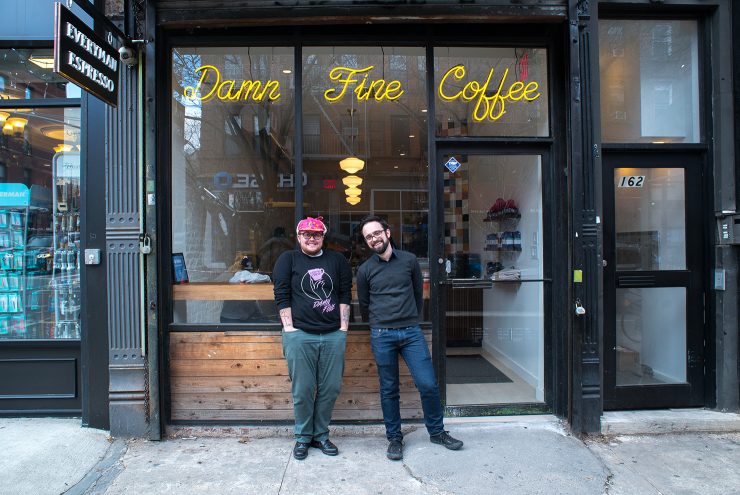
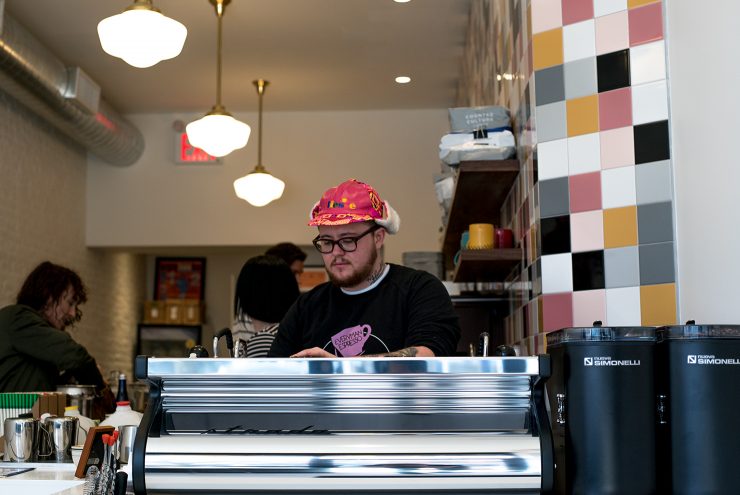
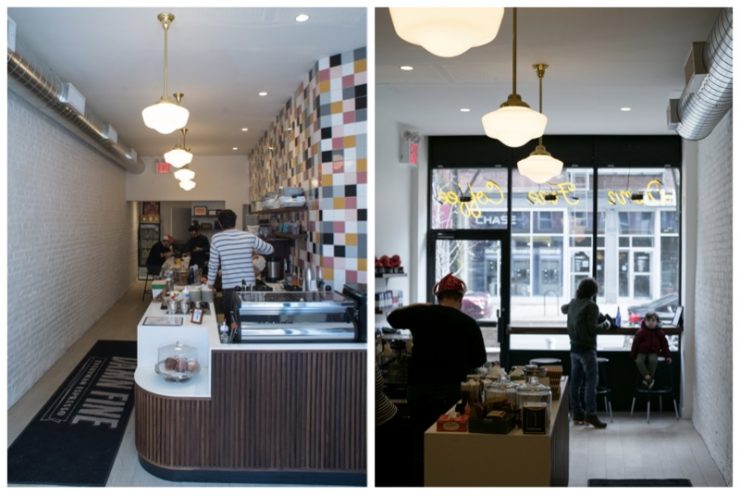
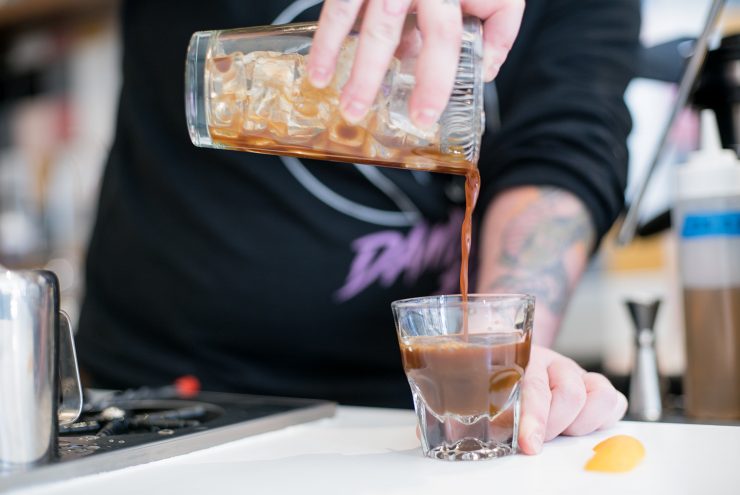
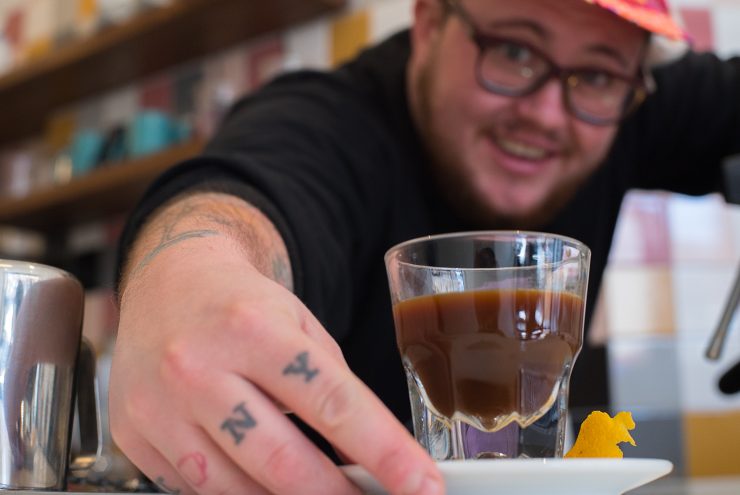
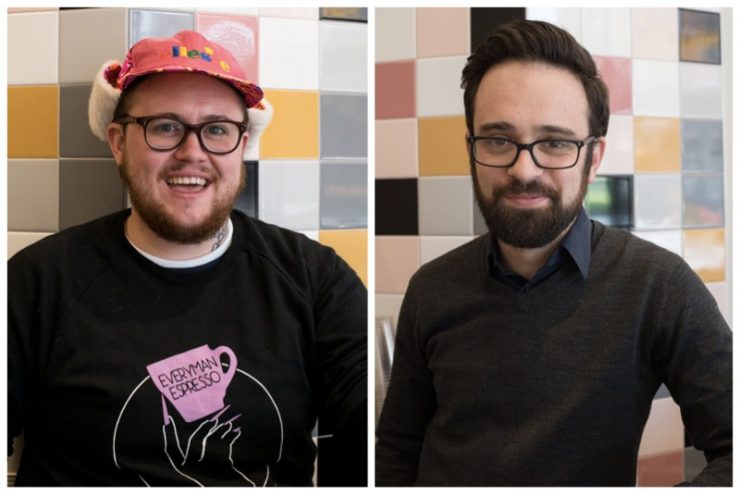
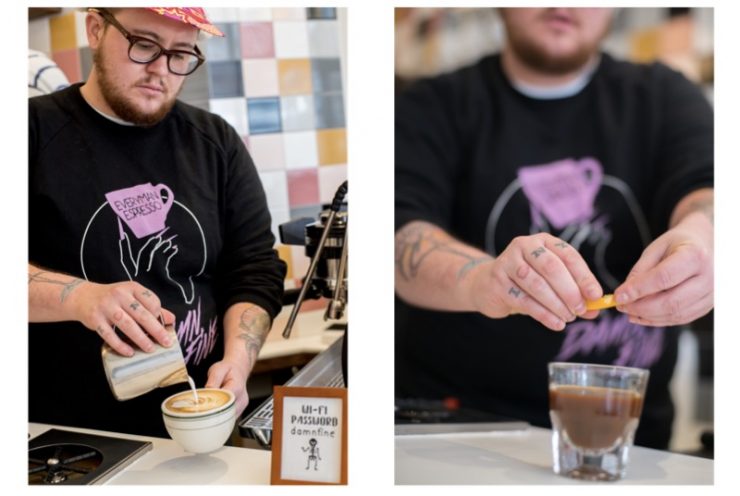





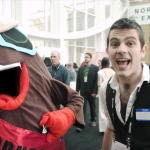
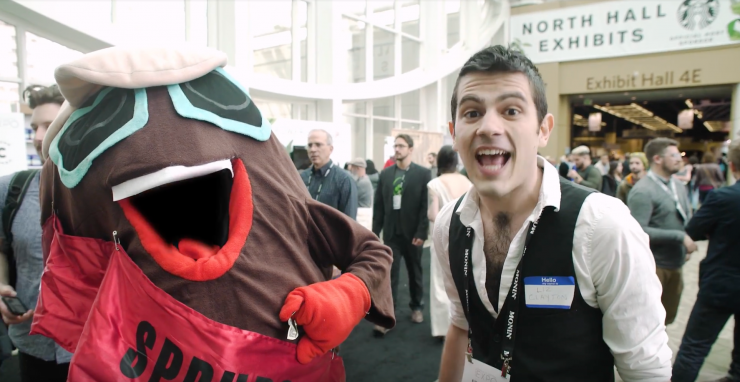
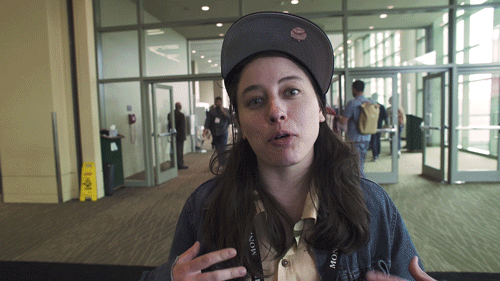
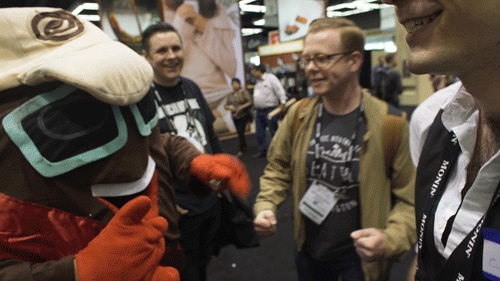

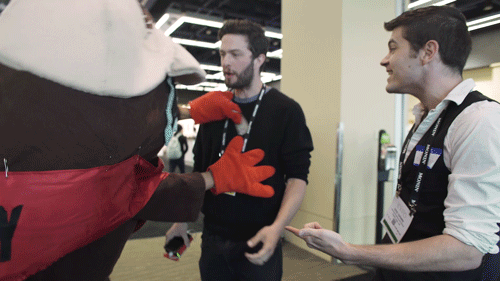


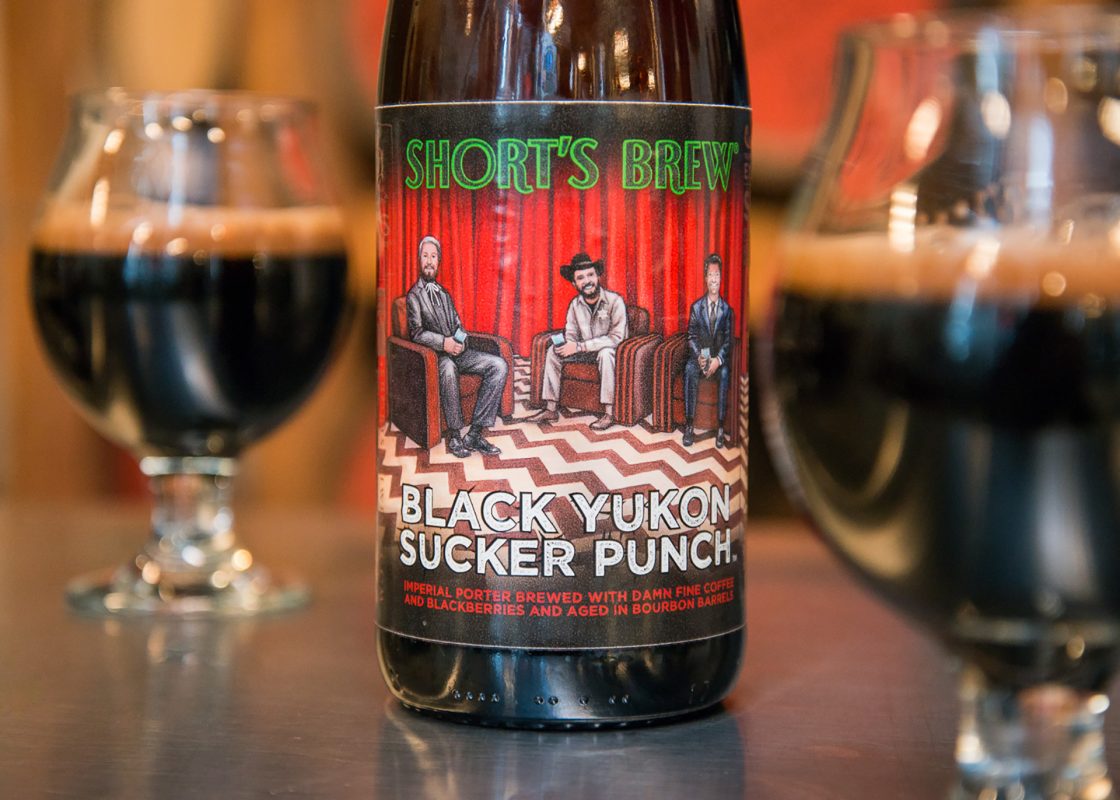
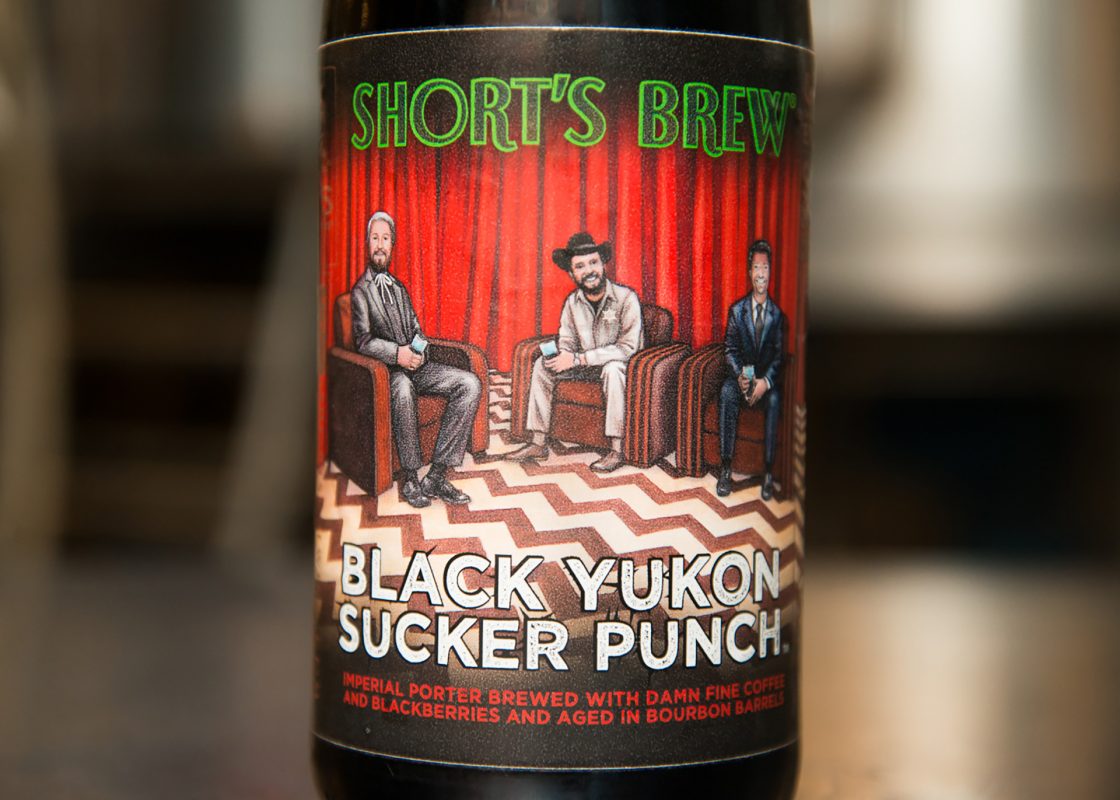
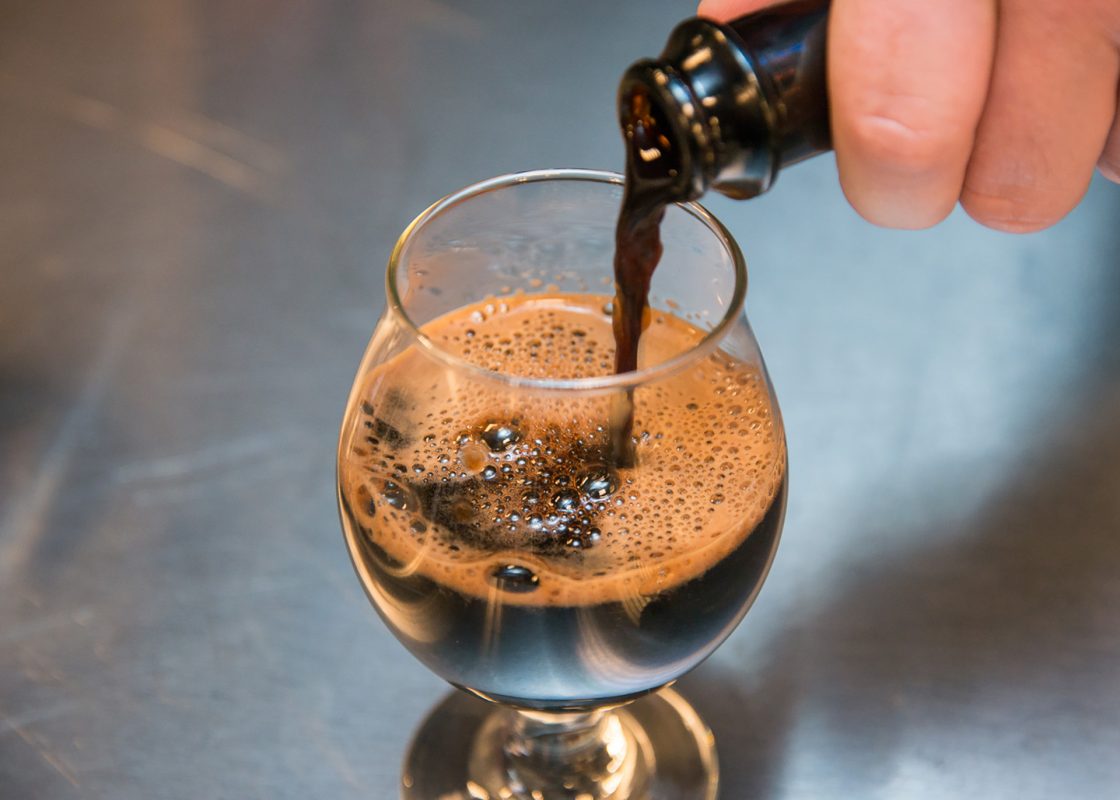
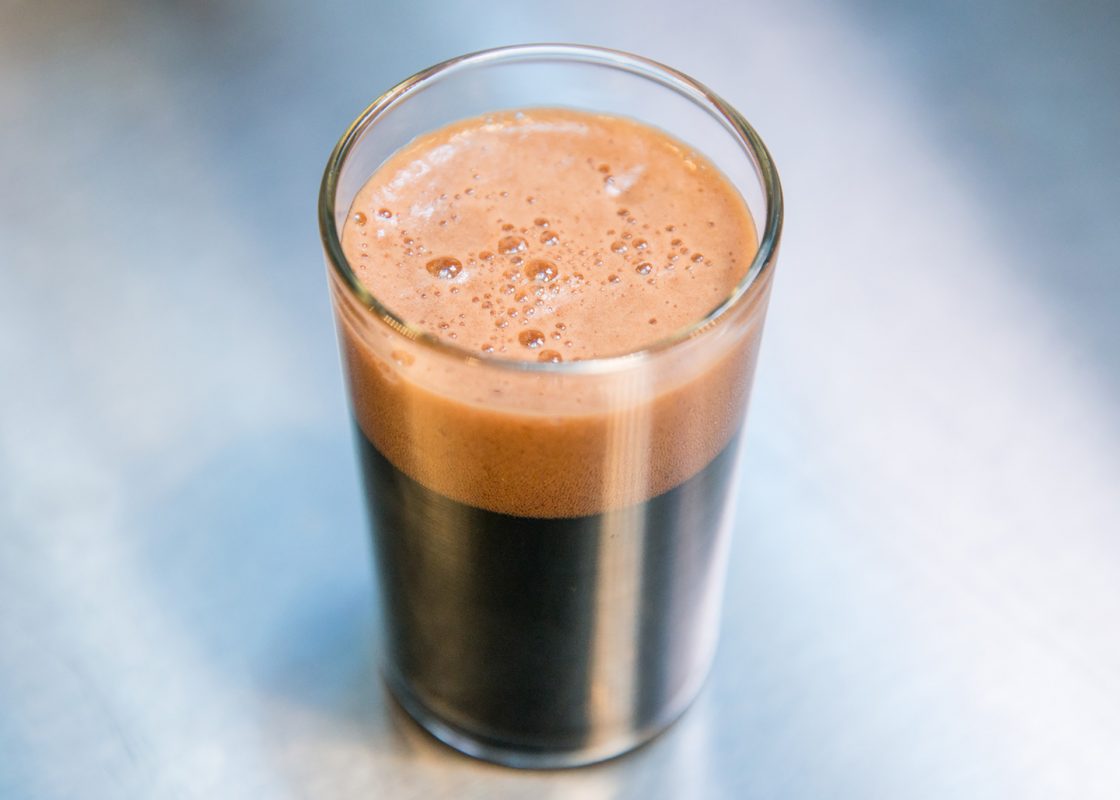


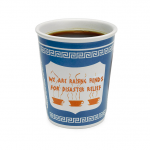
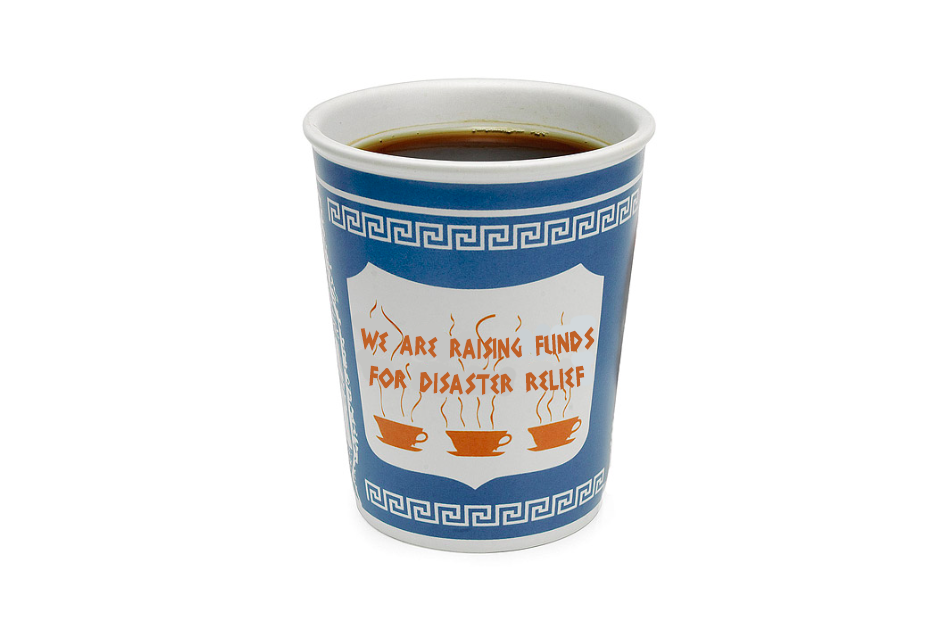 On September 29th, 2017 we’re organizing coffee bars and beverage lovers from across the beer, wine, and cocktail industries for a night of charitable organizing.
On September 29th, 2017 we’re organizing coffee bars and beverage lovers from across the beer, wine, and cocktail industries for a night of charitable organizing. 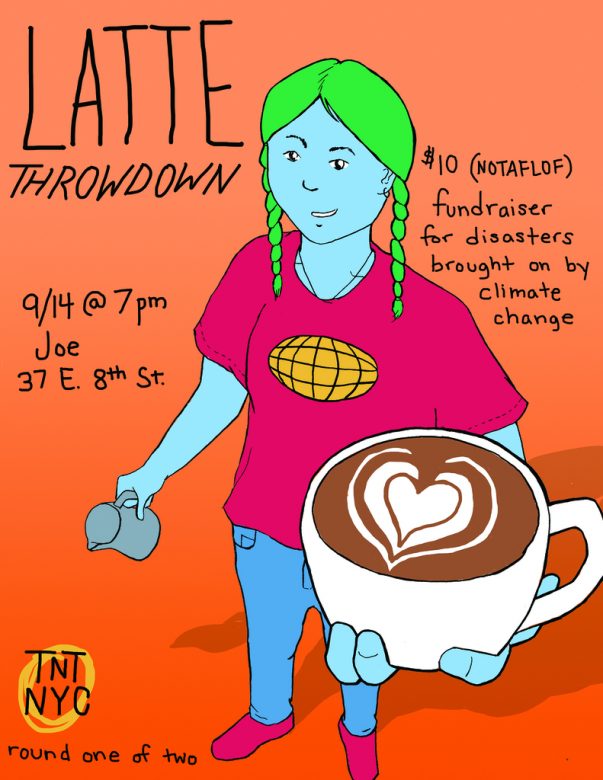





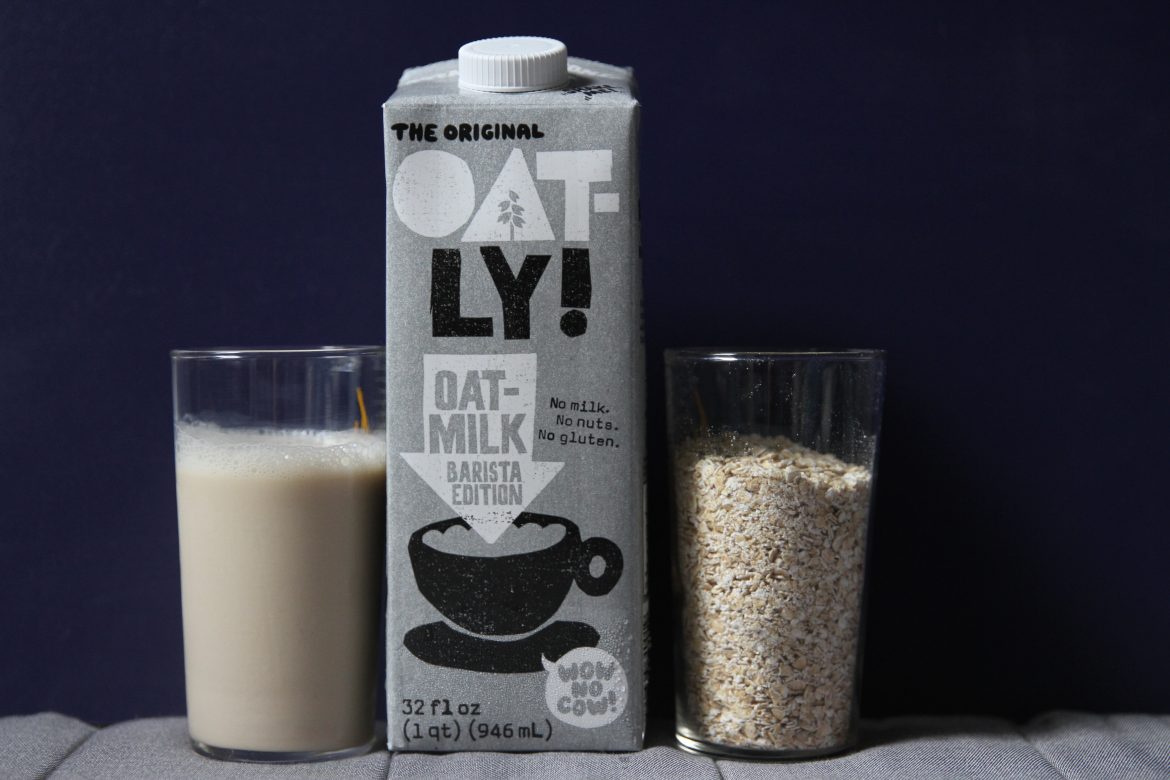
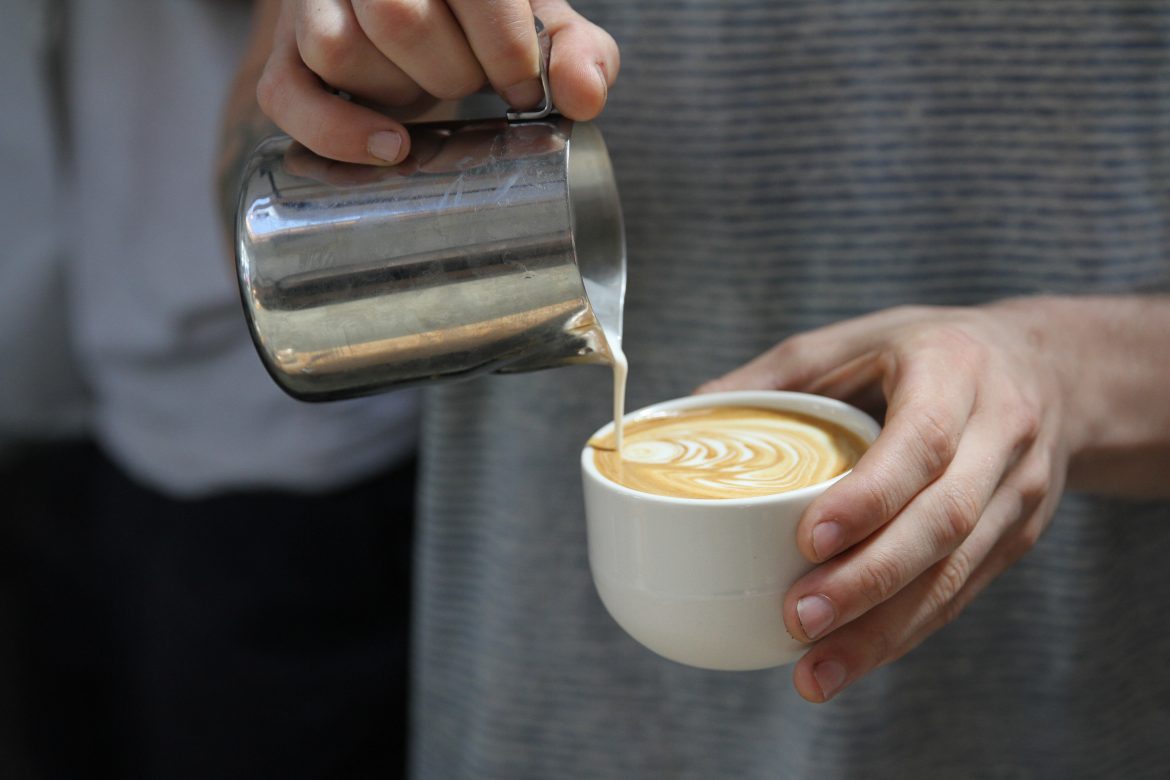



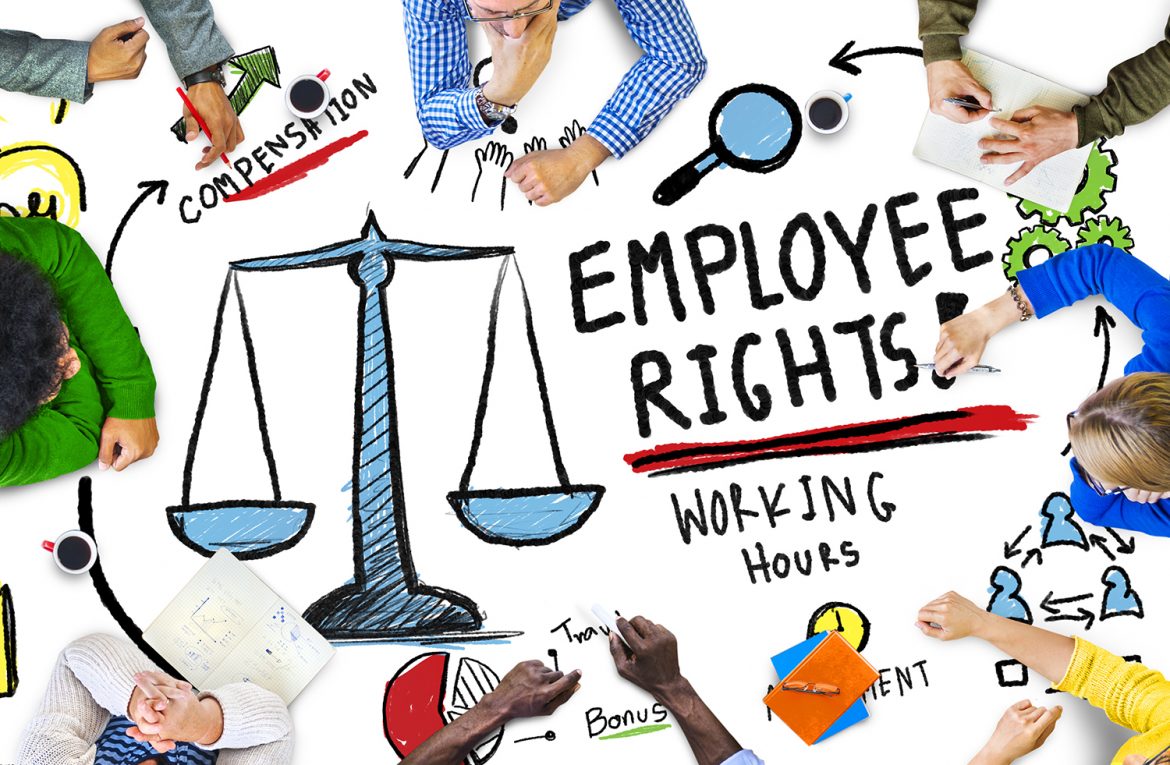

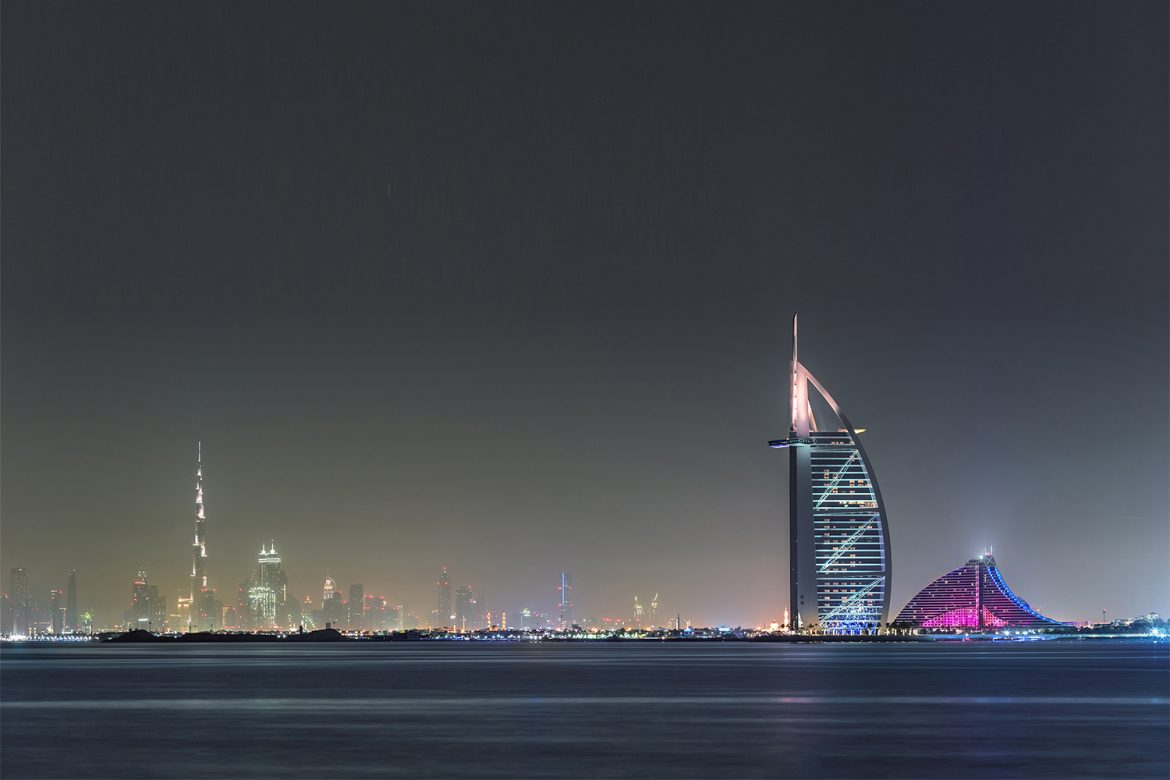
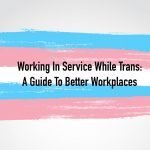



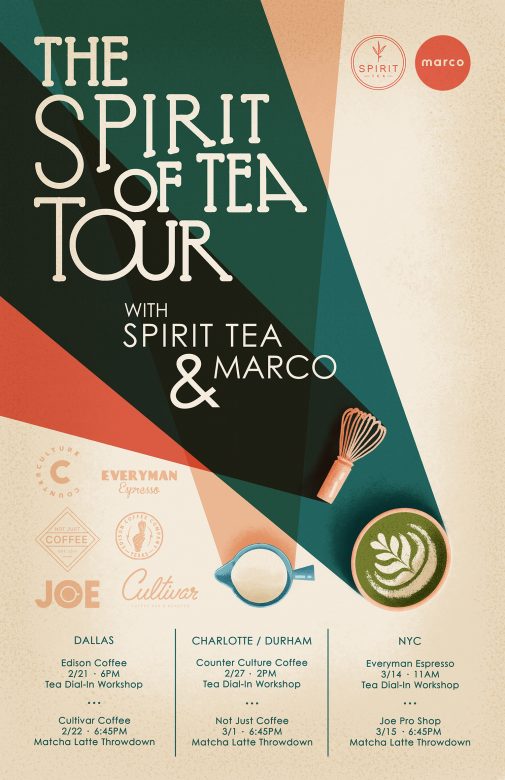



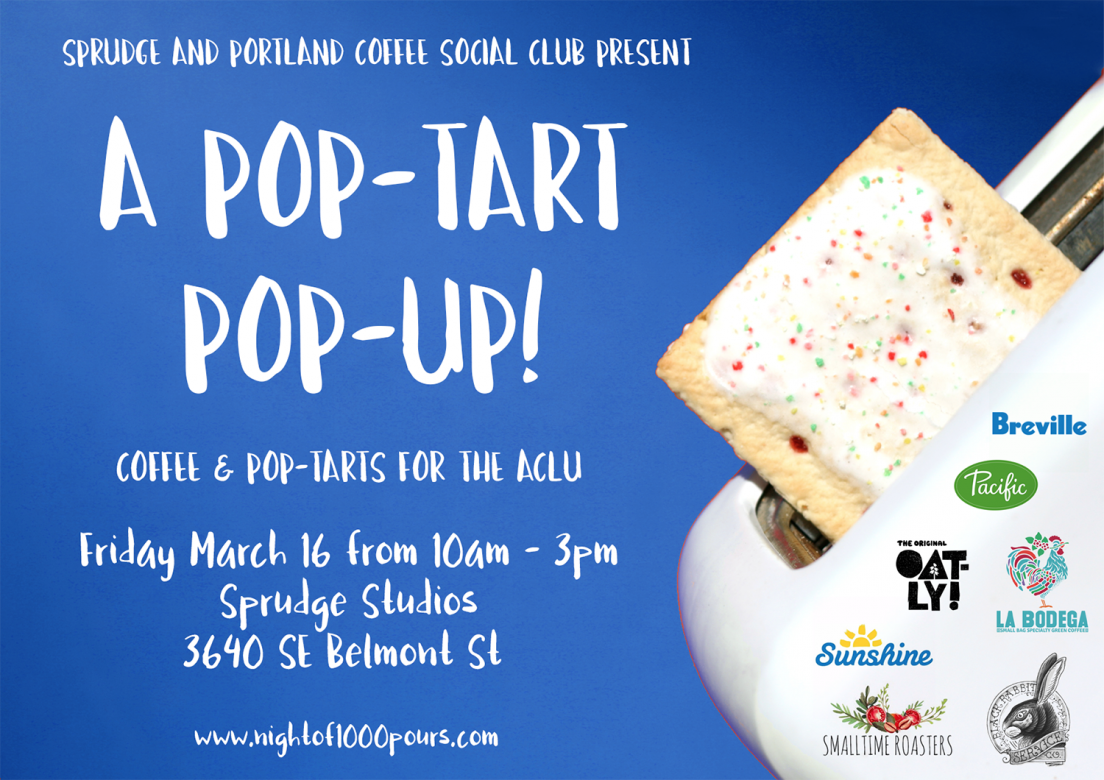
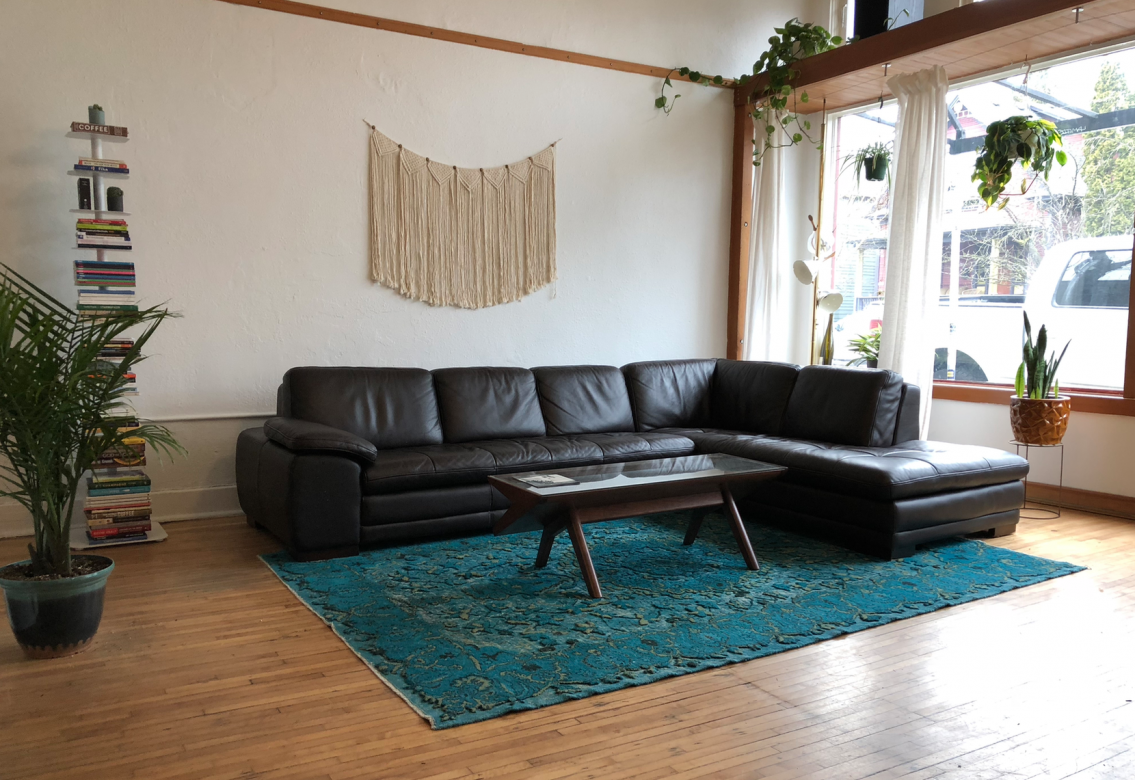
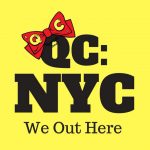
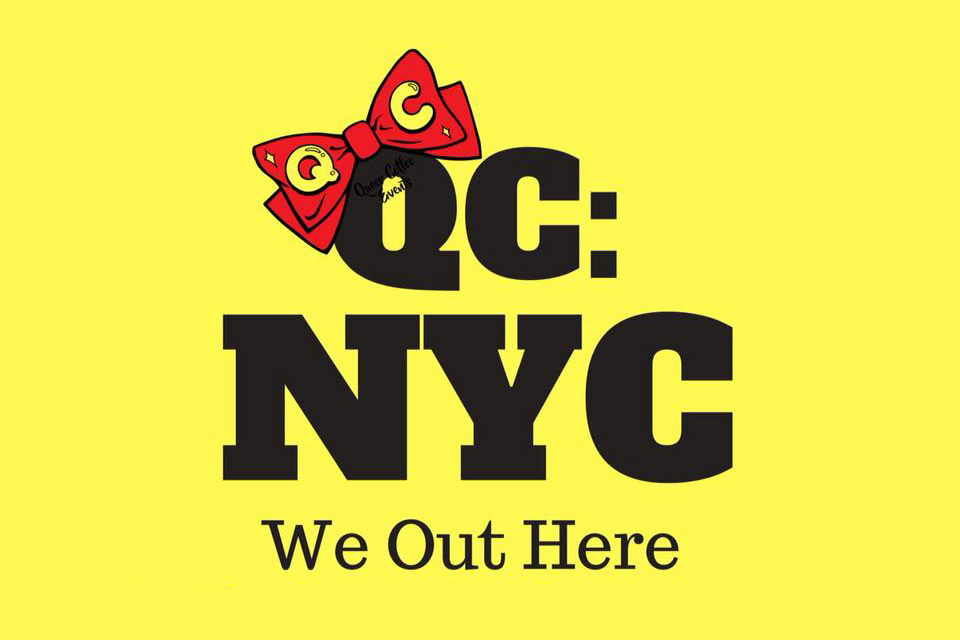

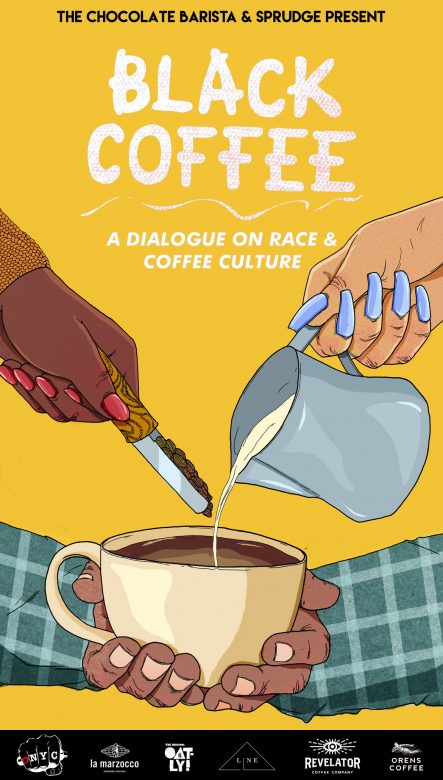
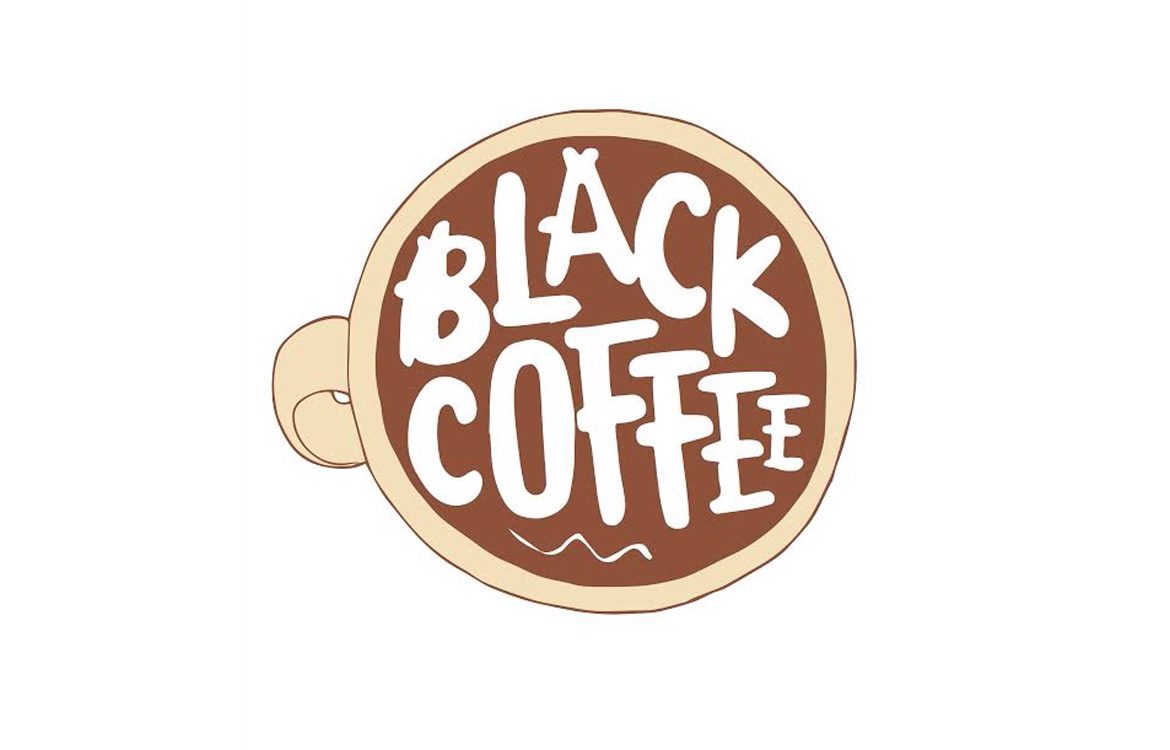 On Monday, October 15th Black Coffee is in Manhattan at the
On Monday, October 15th Black Coffee is in Manhattan at the 